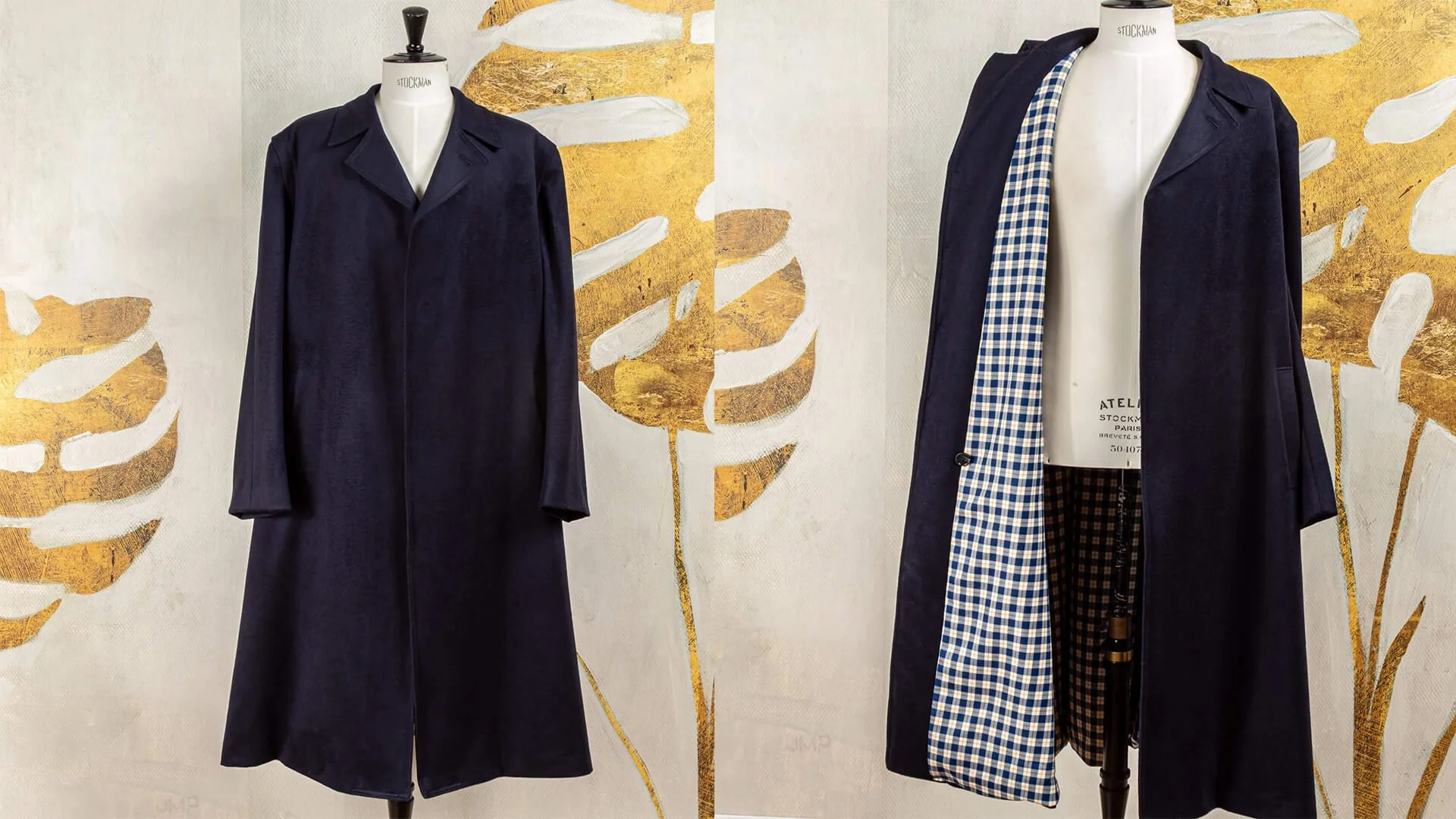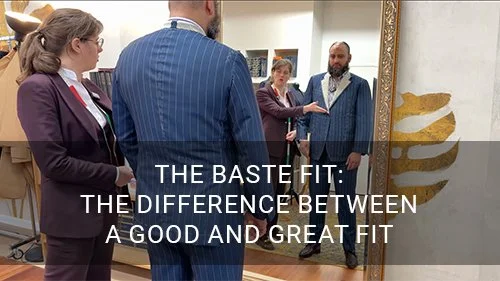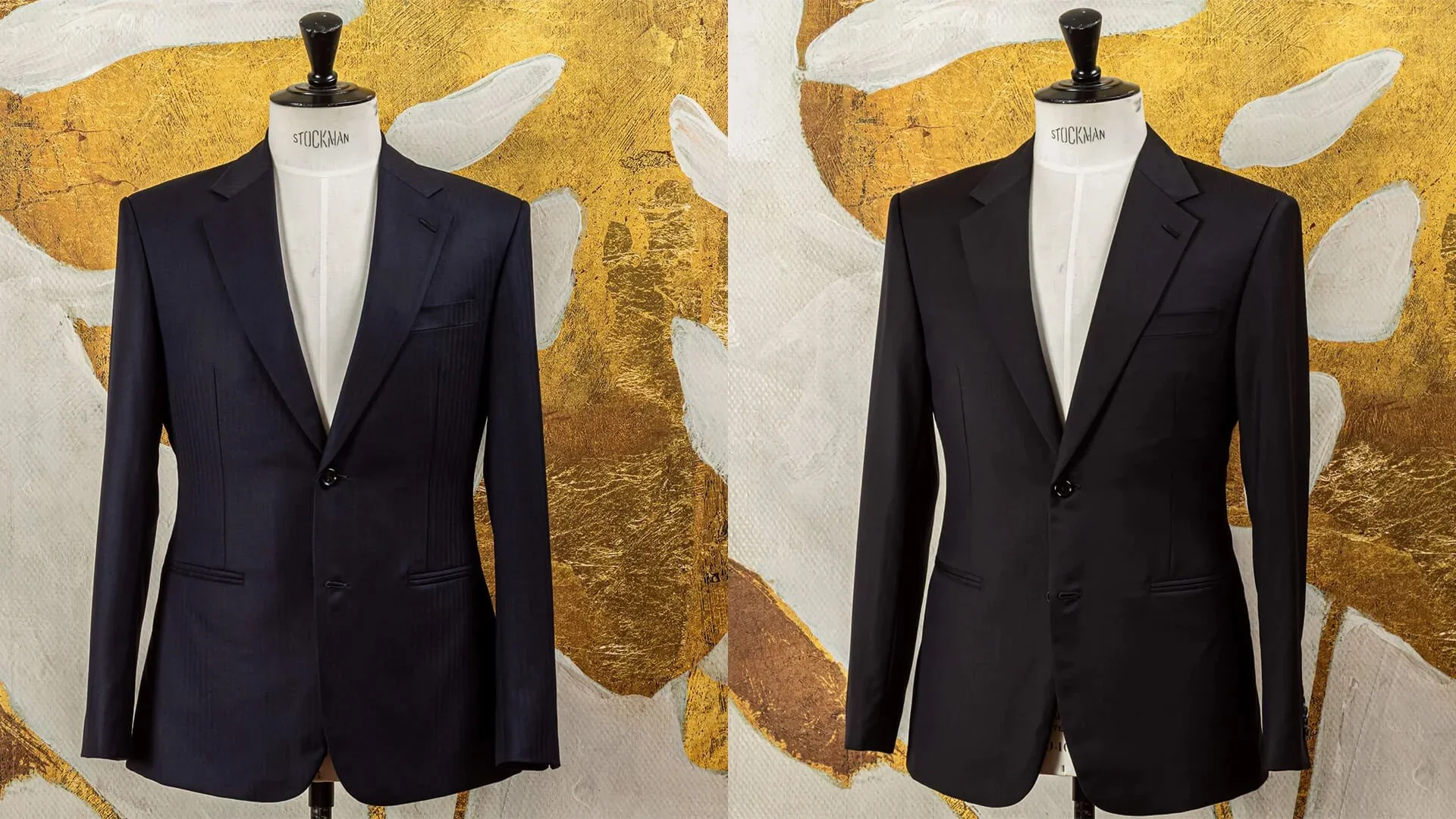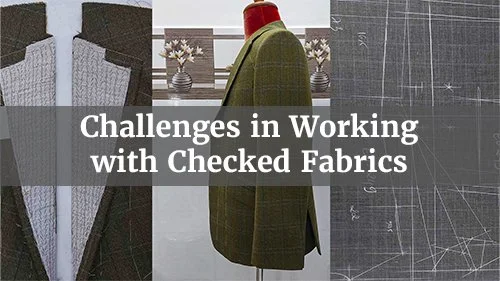
About
the loden coat
What is a loden coat?
A loden coat is a long overcoat traditionally made from tightly woven and felted wool known as loden. Due to its specific finishing process, the fabric becomes naturally wind-resistant, water-repellent thanks to lanolin, and exceptionally durable. The cut is generous, allowing freedom of movement around the shoulders and back, often featuring a back pleat or cape-like shoulder construction. It is a coat born from function, not fashion, and that is precisely what gives the loden coat its understated, almost academic presence.
Origins and history of the loden coat
The loden coat originates from the Alpine regions of Austria and Southern Germany. Shepherds, hunters and landowners relied on this heavy wool coat to withstand rain, wind and cold. Later, it was adopted by the European hunting aristocracy and estate owners as part of their countryside attire during hunting weekends and outdoor gatherings.
From practical garment to discreet luxury
While other coats evolved towards decorative or fashionable expressions, the loden coat stayed true to its roots. Even when refined by noble tailoring houses, it retained its core values: function, material and silence. No shine, no theatrical details – just a coat made to work.
Fabrics – What makes loden wool unique?
Authentic loden fabric is made from pure new wool (Schurwolle). After weaving, the fabric is heavily fulled and compacted, creating a dense structure that repels rain and holds warmth without restricting breathability.
Key characteristics of true loden:
Weight: 700–900 grams per metre
Naturally wind-resistant and water-repellent due to lanolin
Hardly creases, even with intensive use
Natural elasticity, heavy but not stiff
Designed to age gracefully rather than wear out
Modern technical fabrics may imitate performance values but rarely match the natural drape, weight and quiet elegance of genuine loden.
How to recognise authentic loden
Matte finish, with no artificial sheen
Heavy in the hand, with a felt-like density
Firm grip, not sleek or synthetic to the touch
Develops patina over time, gaining depth rather than damage
Construction and bespoke interpretations
Traditional elements of a loden coat include:
A straight cut, often below the knee
A high collar that can be worn up against the wind
A back pleat or cape shoulder for movement
Large flapped pockets designed for utility
Sturdy horn, leather or metal buttons
Within bespoke tailoring, a loden coat becomes an entirely different garment. The pattern is adapted to the behaviour of the heavy cloth, ensuring the coat does not wear bulky but instead falls with controlled volume and presence.
| Material | Character | Use |
|---|---|---|
| Loden | Functional, matte, heavy | Countryside, rain, walking, understated style |
| Tweed | Textured, visually lively | Country style, more expression |
| Formal overcoat | Elegant, lighter, with sheen | City wear, over tailoring or eveningwear |
A loden coat is not a substitute for a classic overcoat – it is a deliberate alternative for those who prefer character over polish.
Care and longevity
Thanks to the natural lanolin in the wool, loden naturally repels dirt and moisture. A loden coat is not washed but maintained by brushing and airing. With use, it develops a patina – not wear, but personality.
The loden coat within bespoke tailoring
In bespoke tailoring, working with loden is a craft in itself. The fabric demands strength and precision. The collar height, shoulder balance and movement pleat require careful drafting. When cut and tailored with intention, a loden coat does not feel heavy – it feels inevitable, as if it belongs to the wearer.
A coat that is meant to be made – and worn
A loden coat is not a seasonal trend. It is a conscious decision. It belongs to those who value garments with use, weight and dignity. Choosing a loden coat in bespoke tailoring means embracing both heritage and movement – not preserving tradition, but wearing it.
For those who wish to explore more on cloth selection and material expertise:
https://www.deoost.com/fabrics-cloth-suiting-shirting-english-italian-bespoke-tailor-suits-jackets
And for our philosophy on bespoke outerwear:
https://www.deoost.com/bespoke-overcoat-tailored-coat
Below you’ll find an overview of photos of this bespoke garment. The images showcase various details such as fabric, fit, finish, and construction – giving a clear impression of the suit in real life, both in full view and close-up.
Below you’ll find links to related blog posts about fabrics, styles, uses, and the thinking behind our tailoring. These articles offer further context, help you visualise your own suit, and showcase the possibilities within our bespoke process.





























































